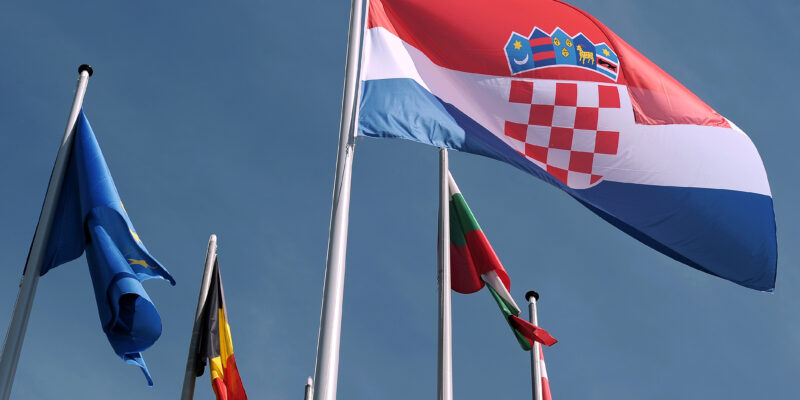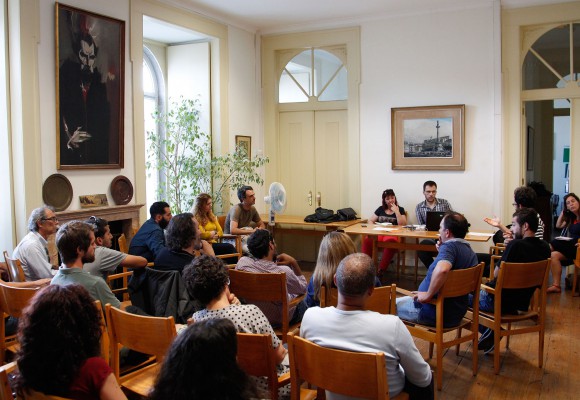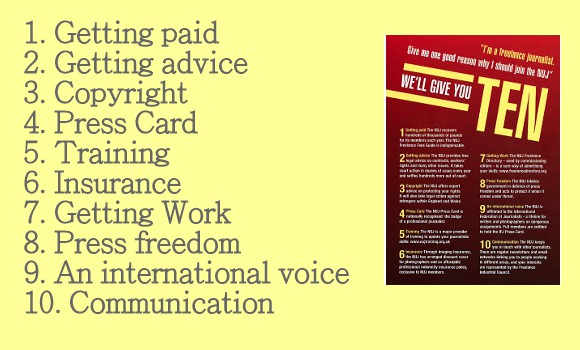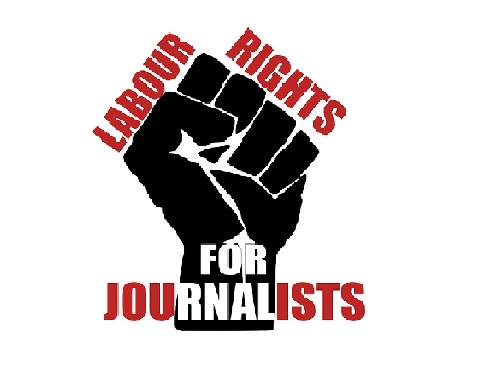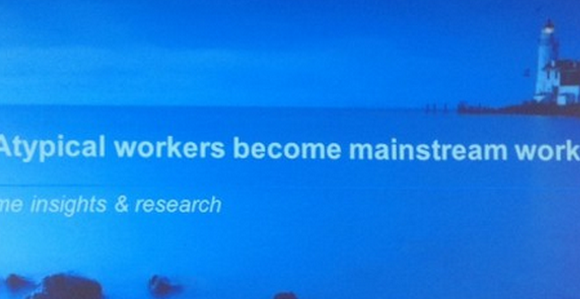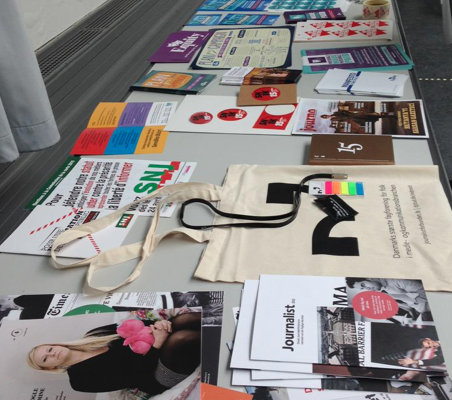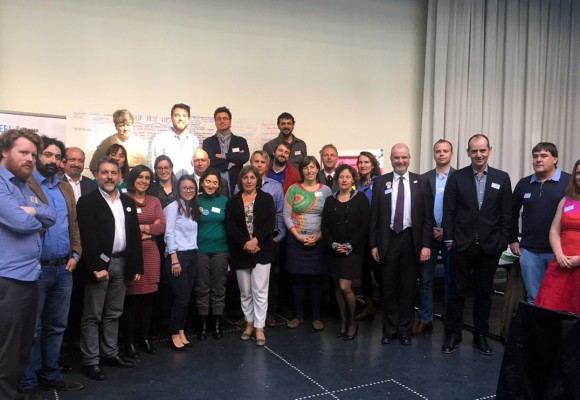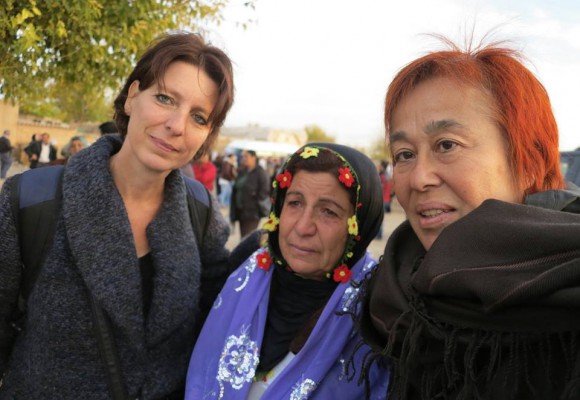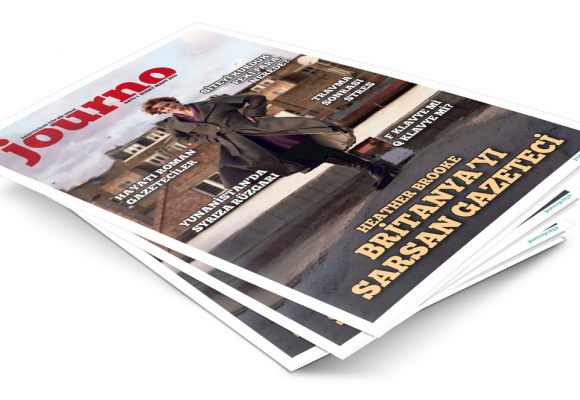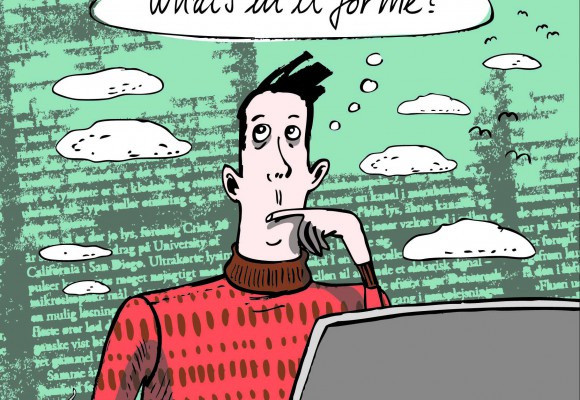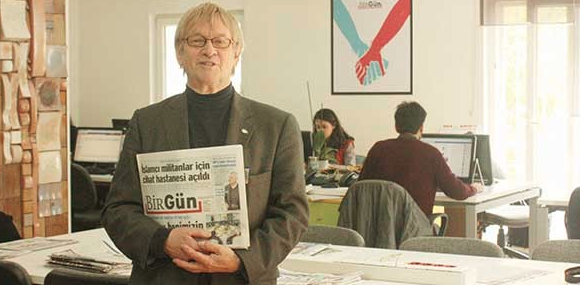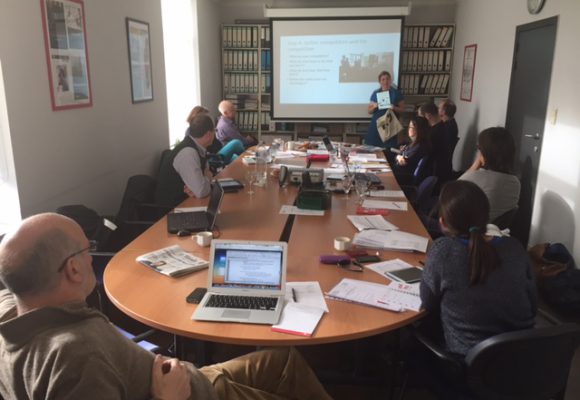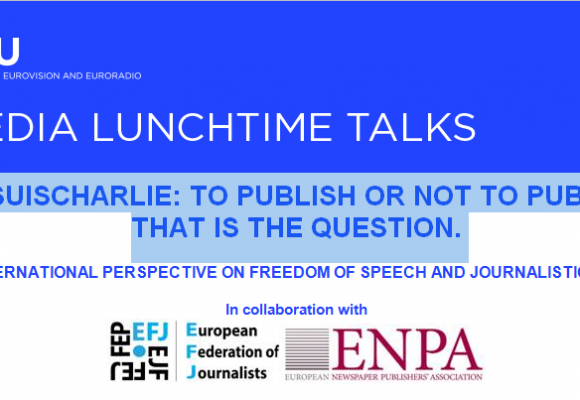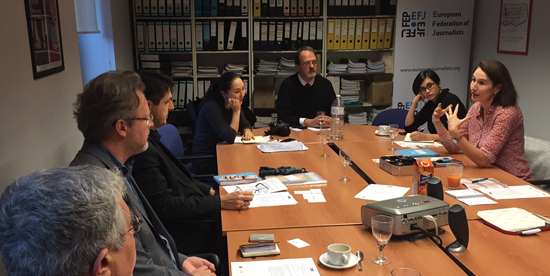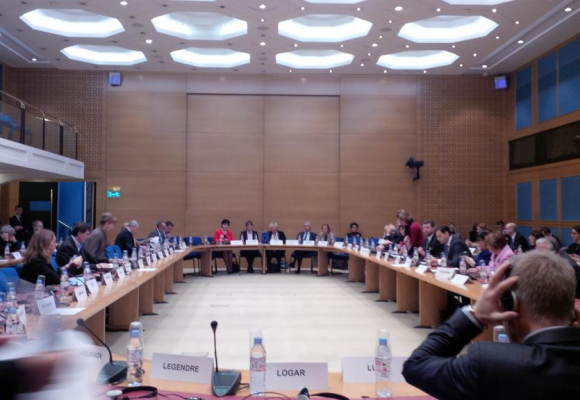Croatia: New forms of solidarity of the Trade Union of Croatian Journalists
The European Federation of Journalists (EFJ) welcomed the Trade Union of Croatian Journalist (TUCJ)’s initiative to restart negotiations on a branch collective agreement in the media. “A journalist who is not afraid of losing his job can be a truly free journalist,” quotes a press release from the TUCJ. The TUCJ is working on the creation of public media policies to improve social dialogue, media regulation and implement stronger collective agreements, the main goal of the union. It aims to bring together all trade unions in the media sector and has gathered a team of representatives of the Trade Union of Croatian Journalists (SNH), the Trade Union of…

